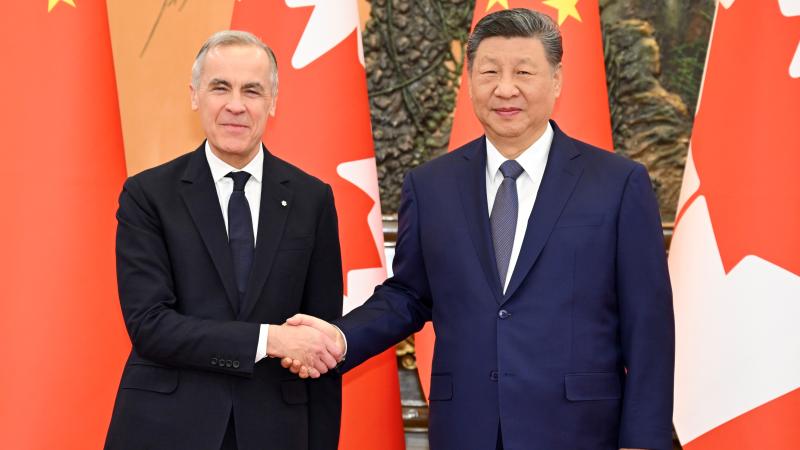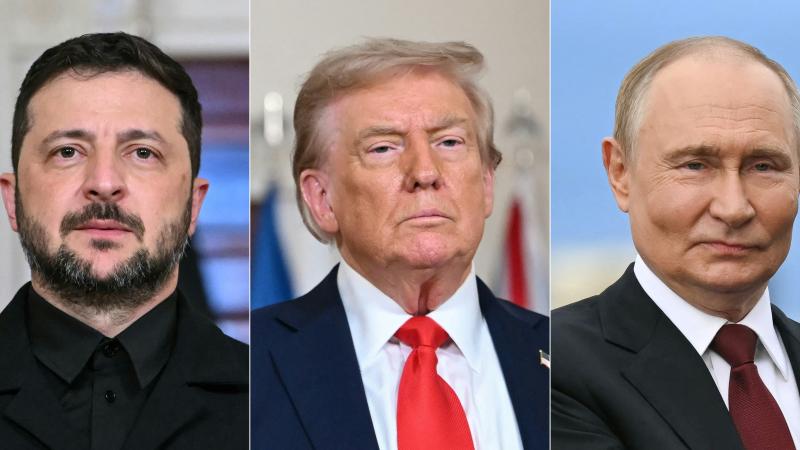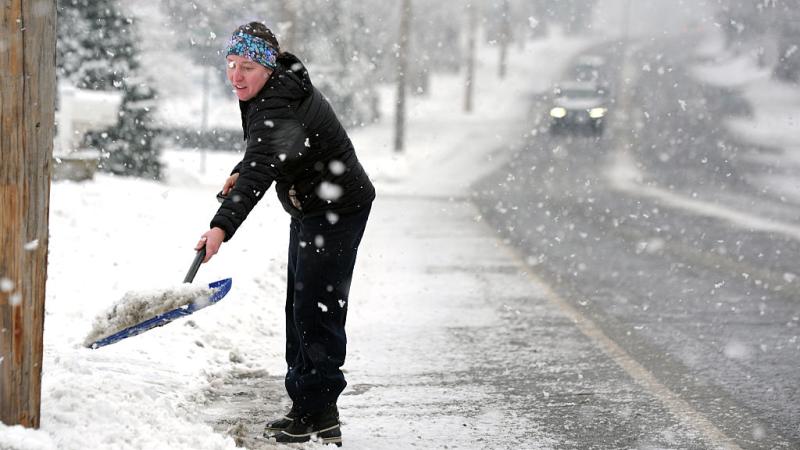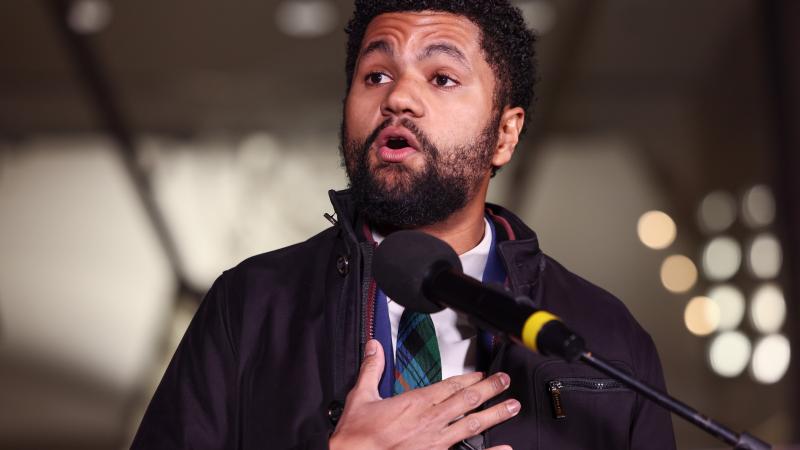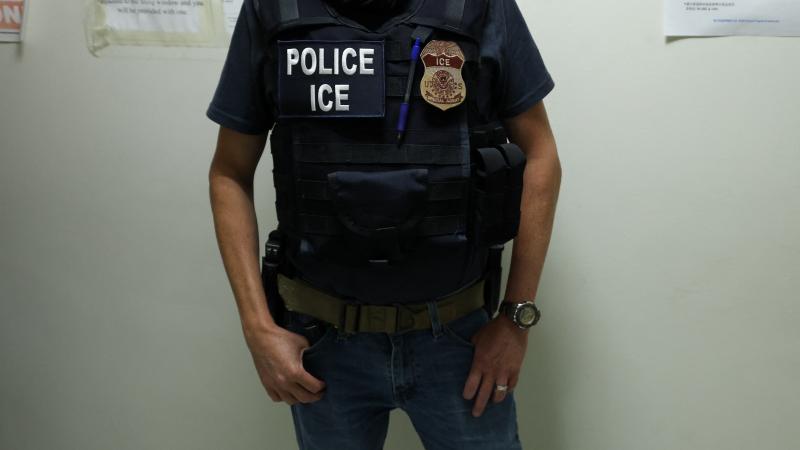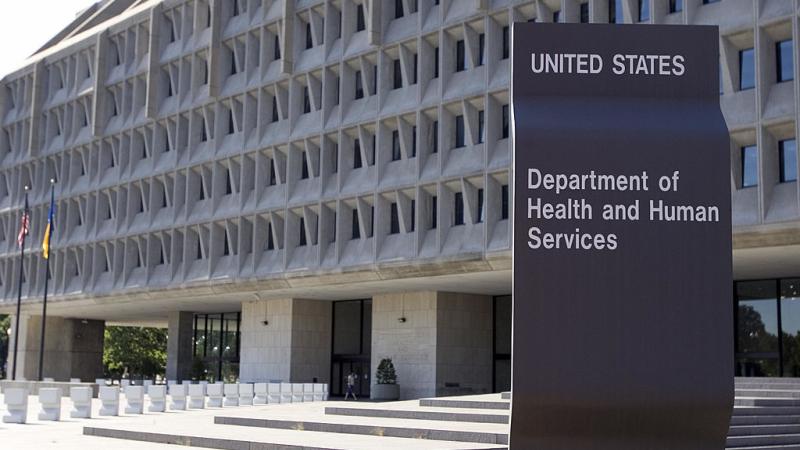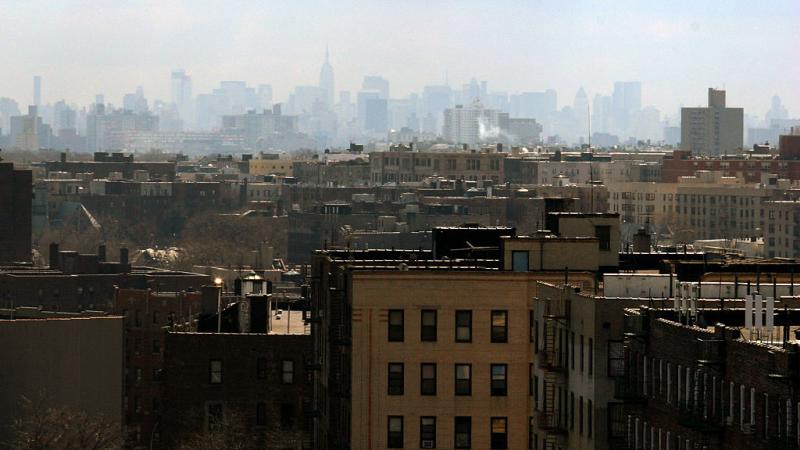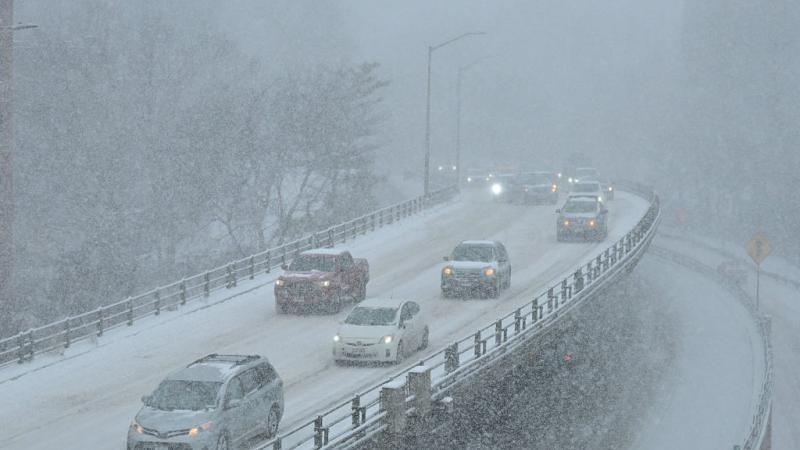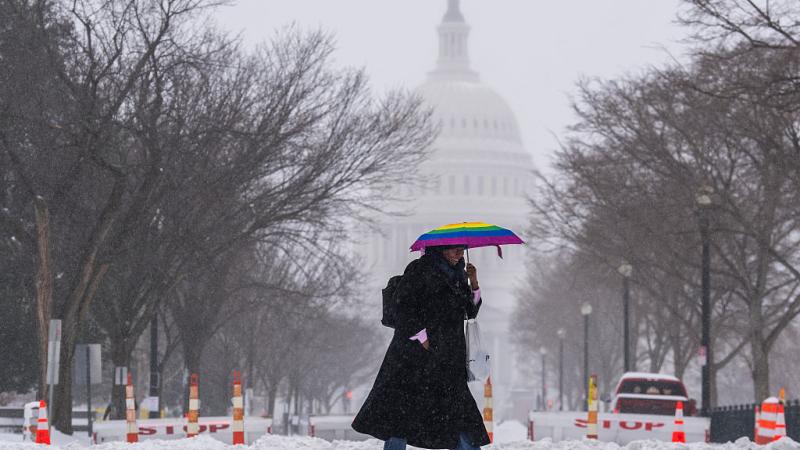Kennedy family scion, former congressman emerges as strong voice opposing Iran’s ruling regime
Beyond being the son of late Sen. Ted Kennedy and the nephew of former President John F. Kennedy, Patrick Kennedy was also a Democratic congressman for 16 years.
A leading figure of what is widely considered the United States' most enduring political dynasty, Patrick Kennedy knows how the levers of power work.
Beyond being the son of late Sen. Ted Kennedy and the nephew of former President John F. Kennedy, he was also a Democratic congressman representing Rhode Island for 16 years, before stepping down in 2011.
He has more recently emerged as an outspoken supporter of the People’s Mojahedin Organization of Iran – calling for increased international pressure to isolate Iran’s ruling regime, amid ongoing opposition to its suppression of human rights and freedoms. And he's also endorsed a 10-point plan by the organization, better known as MEK, for a post-regime transition.
Though MEK itself is non-partisan, its most visible support within the U.S. political class has come from Republicans.
Yet on Saturday, the 58-year-old Kennedy was among the headline speakers at a massive MEK support rally in Brussels, Belgium, marking the 60th anniversary of the group’s founding. An estimated tens-of-thousands of supporters attended, with the proceedings seen across the world, including in Iran.
“When my uncle stood in West Berlin in 1963 in support of the people of the city after the Berlin Wall went up, he famously declared, ‘Ich bin ein Berliner,’ German for ‘I am a Berliner’,” Kennedy told the crowd. “As his nephew, I now stand before you and say, ‘Man Irani hastam!’” – Farsi for “I am Iranian!”
After his speech, Kennedy spoke with Just the News on the sidelines of the event. His remarks are edited for clarity and brevity.
JTN: It’s not often you and (former Republican vice president) Mike Pence agree on a major policy issue. But here you are, both in Brussels, both strong supporters of MEK.
PK: I think you have to look at the issue we’re looking at here. What’s happening in Iran is a crisis of freedom. That’s the way to look at it, and I think that supersedes all the smaller issues that divide us and define us. When my father was in the Senate, he fought against [Chilean dictator Augusto] Pinochet, he took him to task, including the kind of sanctions we’re calling for here. He did the same during Apartheid in South Africa, supporting Nelson Mandela, and he did it in a bipartisan way. That’s what’s happening now.
JTN: You mentioned bipartisan support in opposing the regime in Iran, but up to now the majority of MEK’s support in the U.S. has been on the Republican side. Why do you think that is, and why is this movement so appealing to you?
PK: I just don’t think it should be a partisan issue. This is about freedom and human rights, not politics. Of course, there are political divisions, but I choose to look at it in a way that unites people instead of dividing them.
JTN: How did you first become aware of MEK?
PK: It goes back to when I was in Congress, and I would sign letters to show my support for Amnesty International all the time. The Robert F. Kennedy Human Rights organization has been a big champion of human rights internationally, following my Uncle Bobby's example. So, I always took a particular interest in that. So, one day I was signing letters on behalf of MEK members who were standing trial and in grave jeopardy. That’s how I first became aware.
JTN: And what happened after that?
PK: Then, after I left Congress, I talked to people like Hugh Shelton, who had been chairman of the Joint Chiefs of Staff and a former Green Beret; Porter Goss, the former CIA director who I served with in Congress [Goss was a Republican from Florida]; and Tom Ridge [Homeland Security Advisor under President George W. Bush]. They were supporters of MEK and played a role in having MEK taken off the U.S. list of terror groups. That happened in 2012, under Barack Obama. You know, the U.S. had Nelson Mandela listed as a terrorist at one point. These things need to be studied and understood.
JTN: In other words, you have been a strong supporter of the group for a very long time.
PK: There’s a saying that my enemy’s enemy is my friend. And you must be opposed to the regime in Iran. They’re setting off bombs in Paris, trying to assassinate Alejo Vidal-Quadras here in Europe. They’re supporting Hezbollah, Hamas. And then you have this group, MEK. It’s a big, organized resistance, one that can galvanize support, one with infrastructure. They know social media, they can reach people and have people reach them. The big fear is that you could get rid of one bad regime and then you just get another one. That’s why you must support the opposition group that shares your beliefs.
JTN: In your remarks on stage, you said that the regime in Iran is closer than ever to collapse. Aside from the fact that the Supreme Leader Ali Khamenei is older, what has changed in the last year or two?
PK: I think that what’s happening in Ukraine, the threats to Taiwan from China, these things make it clear that the world is not necessarily becoming more democratic. It’s not a natural part of evolution. You know, I have five kids, and I take them to see Normandy in France, to Civil War battlefields. I take them wherever I can to help them to understand history because that’s what my dad did with me. I was in Arlington Cemetery last month and I saw my Uncle Joe’s grave. He was 29 when he was killed fighting Nazis over in Germany. What I’m saying is that it’s humbling to be this close to events that changed history. And I think we’re making history now. We can’t be thinking this situation is going to take care of itself. We all must be doing our part to help events move in the right direction.
